Regular car maintenance is essential for keeping your vehicle running smoothly and efficiently. One of the most important maintenance tasks is replacing the air filter. The air filter is responsible for preventing dirt, dust, and other debris from entering your car’s engine, which can cause damage and reduce performance. But how often should you replace your car’s air filter?
According to most manufacturers, the air filter should be replaced every two years or 30,000 miles under normal driving conditions. However, driving conditions can vary, and some drivers may need to replace their air filter more frequently. For example, if you frequently drive in dusty or polluted areas, you may need to replace your air filter more often. It’s important to check your air filter every 12,000 miles or at every oil change to ensure that it’s in good condition.
Read about the Effects of Not Changing Air Filters in Cars here!
Key Takeaways
- Regular air filter replacement is essential for maintaining car performance and preventing engine damage.
- Driving conditions can impact how often you should replace your air filter.
- Check your air filter every 12,000 miles or at every oil change to ensure optimal performance.
Understanding the Importance of Air Filters
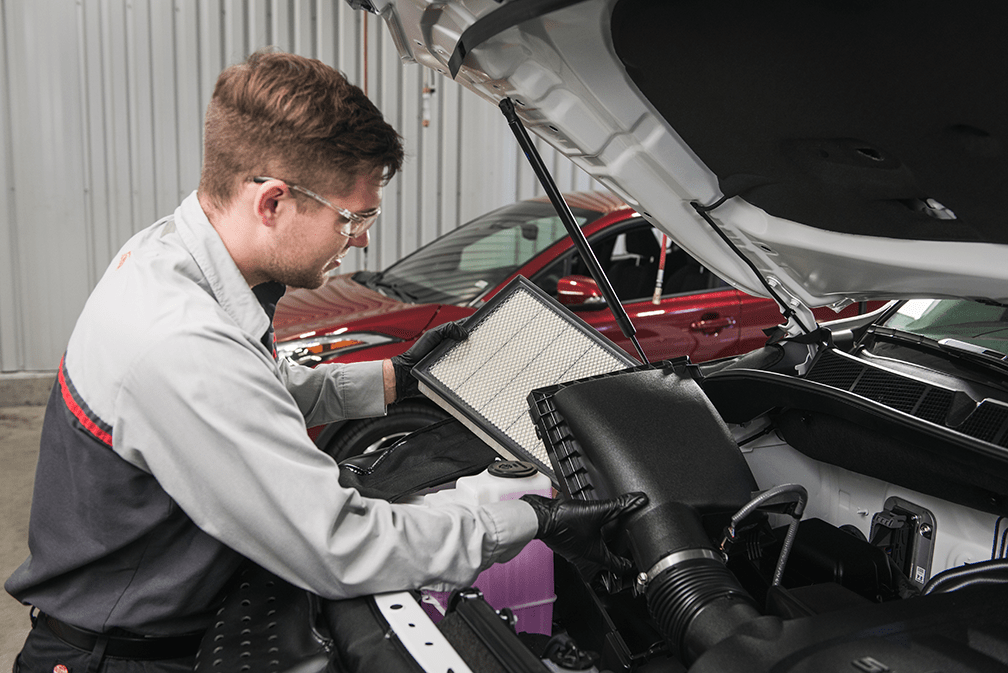
Air filters are an essential component of any vehicle’s engine. They play a crucial role in maintaining the engine’s performance and longevity. The engine air filter, also known as the car air filter, is responsible for filtering out contaminants such as dirt, dust, and debris from the air entering the engine compartment. The cabin air filter, on the other hand, filters out pollutants and allergens from the air entering the passenger compartment.
The engine air filter is particularly important because it prevents these contaminants from reaching the engine’s combustion chamber. If these contaminants were to enter the combustion chamber, they could cause damage to the engine’s components, leading to decreased performance, increased fuel consumption, and even engine failure. Therefore, it is essential to replace the engine air filter regularly.
The frequency at which the engine air filter needs to be replaced depends on various factors, such as driving conditions, the age of the vehicle, and the type of air filter used. For example, if the vehicle is driven in dusty or polluted areas, the air filter may need to be replaced more frequently. Similarly, if the vehicle is driven in areas with high pollen or allergen concentrations, the cabin air filter may need to be replaced more often.
Regularly replacing the air filters in a vehicle not only ensures that the engine is running at optimal performance but also helps to maintain clean air in the passenger compartment. A dirty cabin air filter can lead to unpleasant odors and decreased air quality inside the vehicle.
In conclusion, understanding the importance of air filters is crucial to maintaining a vehicle’s performance and ensuring clean air inside the passenger compartment. Regularly replacing the engine air filter and cabin air filter as needed can help to prevent engine damage, improve fuel efficiency, and maintain a comfortable driving experience.
Signs Your Air Filter Needs Replacement
It’s important to know when to replace your car’s air filter to ensure optimal performance and fuel efficiency. Here are some signs that your air filter may need to be replaced:
Dirt, Dust, and Debris Build-Up
If you notice a significant build-up of dirt, dust, and debris on your air filter, it’s time for a replacement. Over time, the air filter will become clogged with this debris, making it harder for air to flow through. This can cause your engine to work harder than it needs to, leading to decreased fuel efficiency and potentially damaging your engine.
Check Engine Light
If your check engine light comes on, it could be a sign that your air filter needs to be replaced. A dirty air filter can cause issues with the airflow sensor, which can trigger the check engine light. While there are other reasons your check engine light may come on, it’s always a good idea to check your air filter first.
Sluggish Acceleration
If you notice that your car is not accelerating as quickly as it used to, it could be due to a dirty air filter. A clogged air filter restricts the amount of air that can flow into the engine, making it harder for your car to accelerate quickly.
Decreased Fuel Efficiency
A dirty air filter can also cause decreased fuel efficiency. When your engine has to work harder to draw in air, it uses more fuel. Replacing your air filter can help improve your car’s fuel efficiency, which can save you money in the long run.
Acceleration Issues
If you notice that your car is having trouble accelerating, it could be due to a dirty air filter. A clogged air filter restricts the amount of air that can flow into the engine, which can cause your car to hesitate or stall when you try to accelerate.
Overall, it’s important to check your air filter regularly and replace it when necessary to ensure optimal performance and fuel efficiency.
The Impact of Driving Conditions
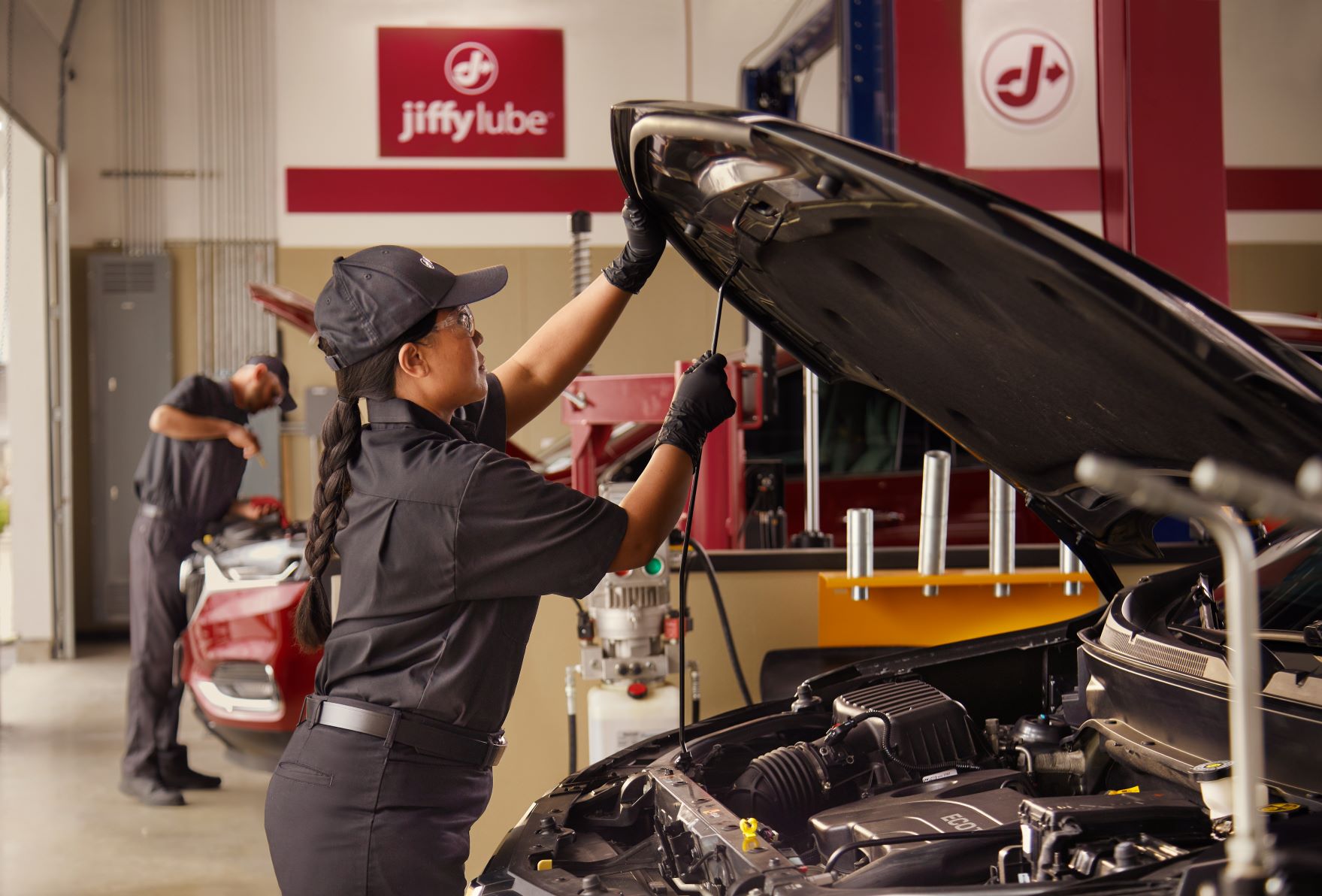
Driving conditions play a significant role in determining how often a car’s air filter should be replaced. If a car is driven in dusty or polluted areas, the air filter will get dirty much faster than if it is driven in clean areas. Similarly, if a car is driven in heavy traffic in hot weather, the air filter will need to be replaced more frequently.
Environmental factors such as smoke and bugs can also impact the lifespan of an air filter. Smoke from wildfires or industrial pollution can clog an air filter quickly, while bugs and other debris can get stuck in the filter and reduce its effectiveness.
It is important to note that not all pollutants are visible to the naked eye. Fine particulate matter, such as exhaust fumes, can also accumulate in an air filter and reduce its efficiency over time.
In summary, it is recommended to check the air filter every 12,000 miles or at every oil change. However, if a car is driven in particularly harsh conditions, such as dusty or polluted areas, it should be replaced more frequently, around 15,000 miles between replacements. Keeping track of service records can help clarify when the air filter was last replaced and ensure that it is replaced in a timely manner.
How Often to Replace Your Car’s Air Filter
The frequency at which you should replace your car’s air filter depends on several factors, such as the make and model of your car, your driving habits, and the driving conditions. However, most experts recommend replacing your car’s air filter every 12,000 to 15,000 miles or every 12 months, whichever comes first.
If you live in a dusty or polluted area or do a lot of stop-and-go driving, you may need to replace your air filter more frequently. Similarly, if you drive on dirt roads or in heavy traffic, your air filter may get clogged more quickly, reducing its efficiency and potentially causing damage to your engine.
Regular air filter maintenance is essential to keep your car running smoothly and efficiently. A dirty air filter can reduce your car’s fuel efficiency, cause your engine to run poorly, and even damage your engine over time.
To check your air filter, open the hood of your car and locate the air filter housing. Most air filter housings are rectangular or square and have clips or screws that hold them in place. Once you’ve located the air filter housing, remove the cover and take out the air filter.
Inspect the air filter for dirt, debris, or damage. If the air filter is dirty or damaged, replace it with a new one. If the air filter is relatively clean, you can clean it by tapping it gently on a hard surface or blowing compressed air through it.
Replacing your car’s air filter is a relatively simple and inexpensive maintenance task that can help keep your engine running smoothly and efficiently. By following the manufacturer’s recommendations and checking your air filter regularly, you can help prolong the life of your engine and save money on costly repairs.
Effects of Air Filter Replacement on Car Performance
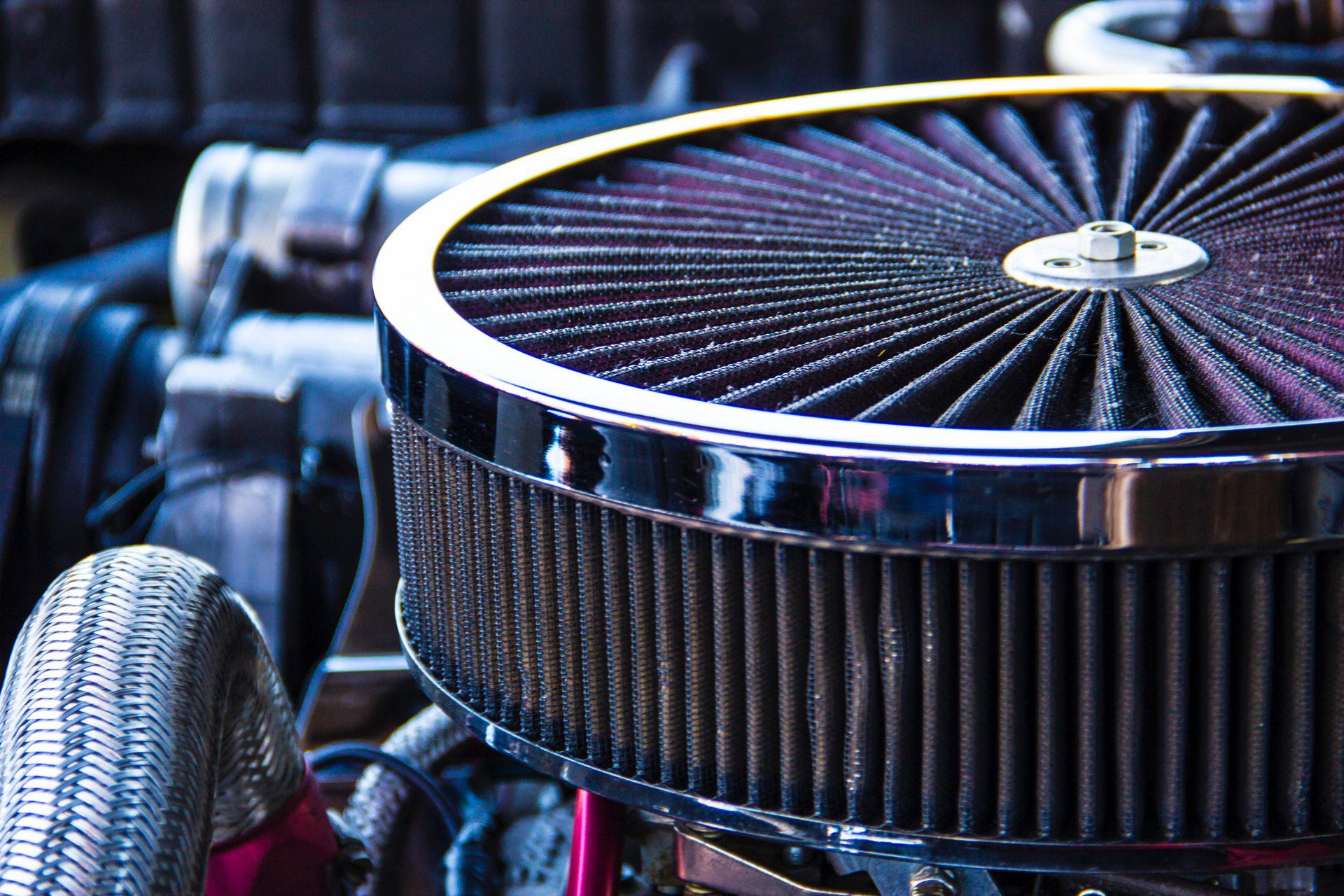
Regular air filter replacement is an essential component of car maintenance that can have a significant impact on the vehicle’s performance. A dirty air filter can restrict the airflow to the engine, which can cause reduced power, decreased fuel economy, and acceleration issues.
When the air filter is clogged, the engine has to work harder to draw in air, which can lead to decreased fuel efficiency and higher emissions. Replacing the air filter can improve fuel economy by up to 15%, which can result in significant savings over time.
In addition to improving fuel economy, air filter replacement can also enhance acceleration. A clean air filter can allow more air to enter the engine, which can improve combustion and increase horsepower. This can lead to better acceleration and a more responsive driving experience.
Overall, regular air filter replacement is crucial for maintaining optimal car performance. It is recommended to replace the air filter every 15,000 to 30,000 miles, depending on the make and model of the vehicle. By keeping the air filter clean and replacing it when necessary, car owners can ensure their vehicle runs smoothly and efficiently.
Types of Air Filters and Their Lifespan
There are two main types of air filters used in cars: paper filters and reusable filters. Paper filters, also known as disposable filters, are the most common type of air filter used in cars. They are made of a mixture of paper and synthetic fibers, and they are designed to capture dirt, dust, and other particles that can damage the engine.
Paper filters are inexpensive and easy to replace. They should be replaced every 12,000 to 15,000 miles, or as recommended by the car manufacturer. However, if the car is driven in dusty or dirty conditions, the filter may need to be replaced more frequently.
Reusable filters, also known as washable filters, are made of cotton or foam. They are designed to be washed and reused multiple times, which makes them more environmentally friendly than paper filters. Reusable filters are more expensive than paper filters, but they can last for the life of the car if properly maintained.
The lifespan of a reusable filter depends on how often it is cleaned and how well it is maintained. Generally, reusable filters should be cleaned every 30,000 to 50,000 miles, or as recommended by the manufacturer. To clean a reusable filter, it should be removed from the car, washed with soap and water, and allowed to dry completely before being reinstalled.
It is important to note that not all cars can use reusable filters. Some cars require paper filters, and using a reusable filter can cause engine damage or void the car’s warranty. It is important to check the car’s owner’s manual or consult with a mechanic before switching to a reusable filter.
Maintaining Your Air Filter for Optimal Performance
Regular air filter maintenance is essential for keeping your car running smoothly and efficiently. A dirty or clogged air filter can restrict airflow to the engine, causing it to work harder and reducing your car’s fuel efficiency. It can also lead to engine damage and costly repairs.
To maintain your air filter for optimal performance, follow these tips:
- Check your air filter regularly: It’s important to check your air filter at least once every 12,000 miles or every 12 months, whichever comes first. If you drive in dusty or polluted areas, you may need to check it more often.
- Clean or replace your air filter: If your air filter is dirty or clogged, it’s time to clean or replace it. If it’s a washable filter, follow the manufacturer’s instructions for cleaning. If it’s a disposable filter, replace it with a new one.
- Use high-quality air filters: When replacing your air filter, make sure to use a high-quality filter that is designed for your car’s make and model. Cheap filters may not filter out all the harmful particles and debris, which can damage your engine.
- Maintain clean air in your car: Keeping the air inside your car clean can also help prolong the life of your air filter. Regularly vacuuming your car’s interior and using a cabin air filter can help reduce the amount of dust and debris that enters your car’s air system.
By following these tips, you can ensure that your air filter is always in top condition, providing clean air to your car’s engine and helping it run smoothly and efficiently.
https://nashvilleperformance.com/performance-air-filter-brands/
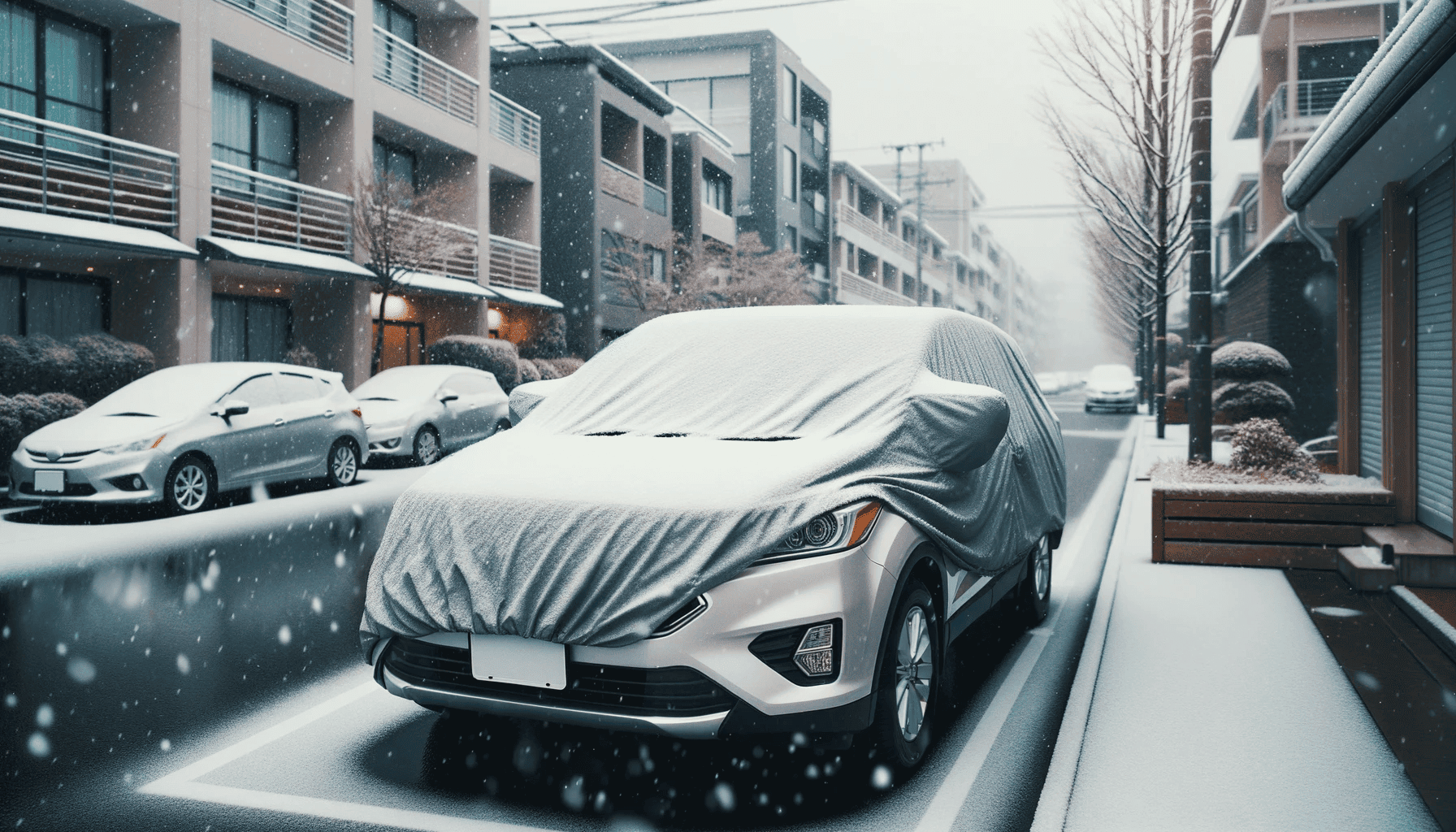
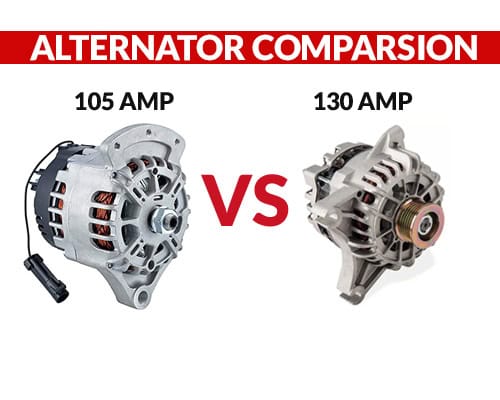



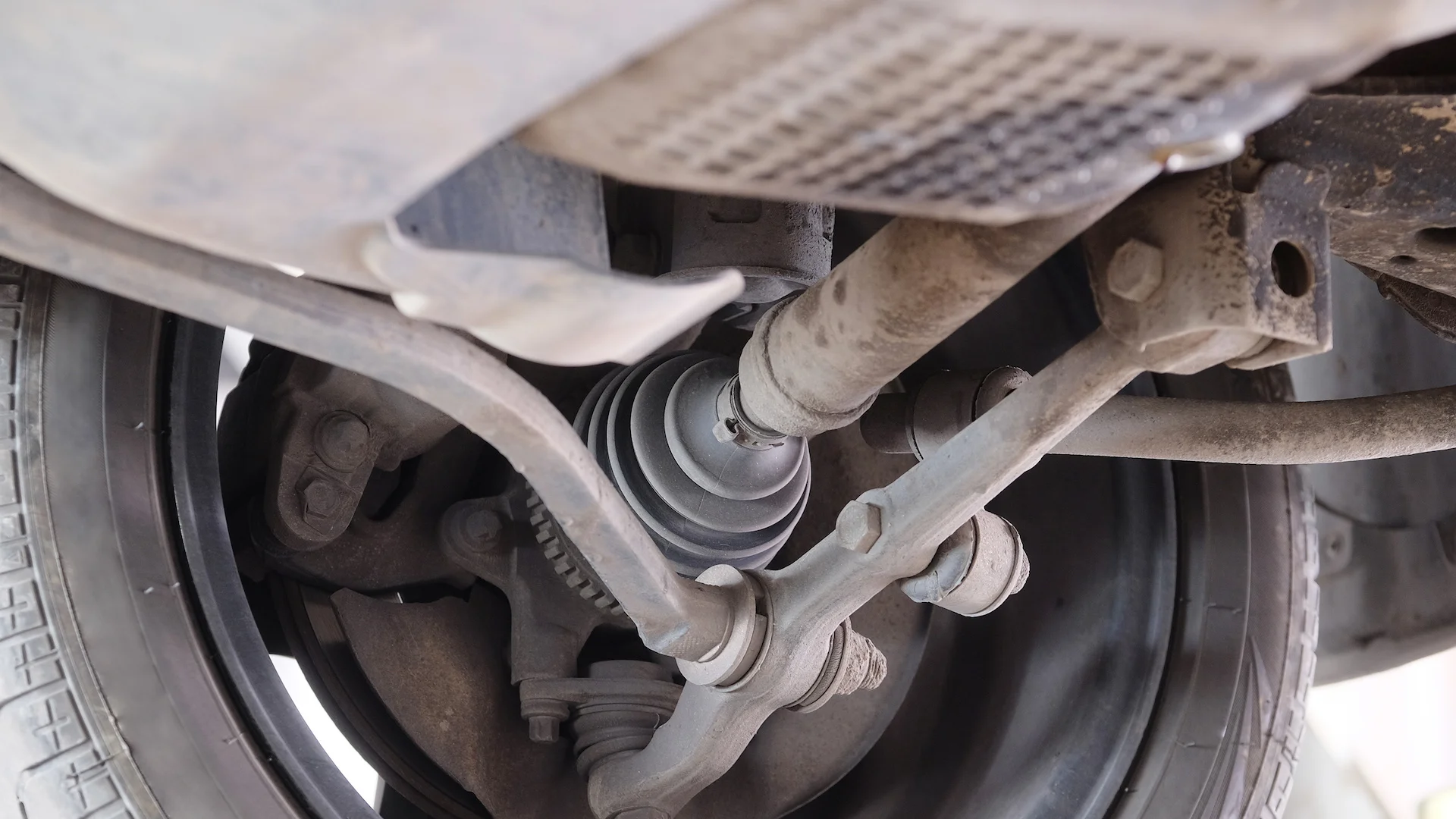
No Responses